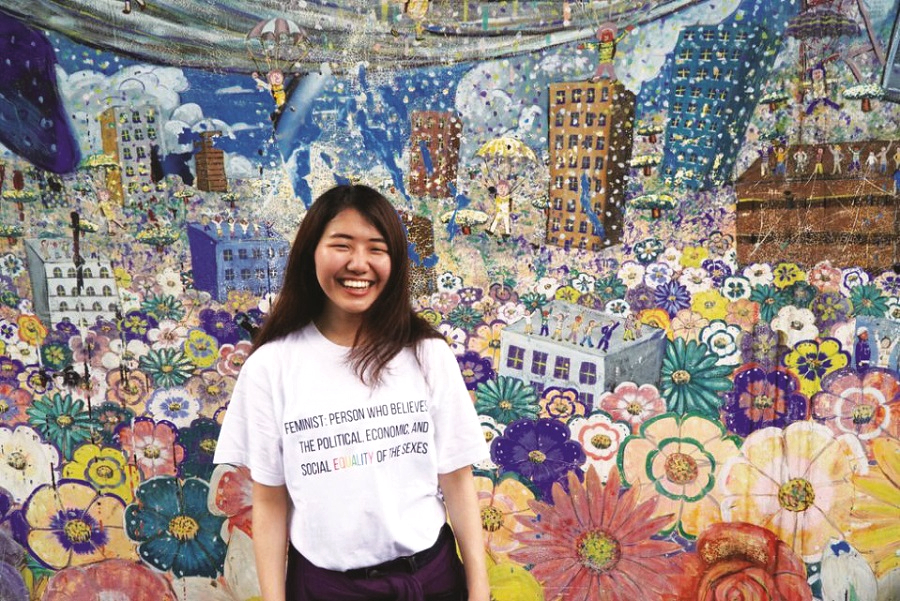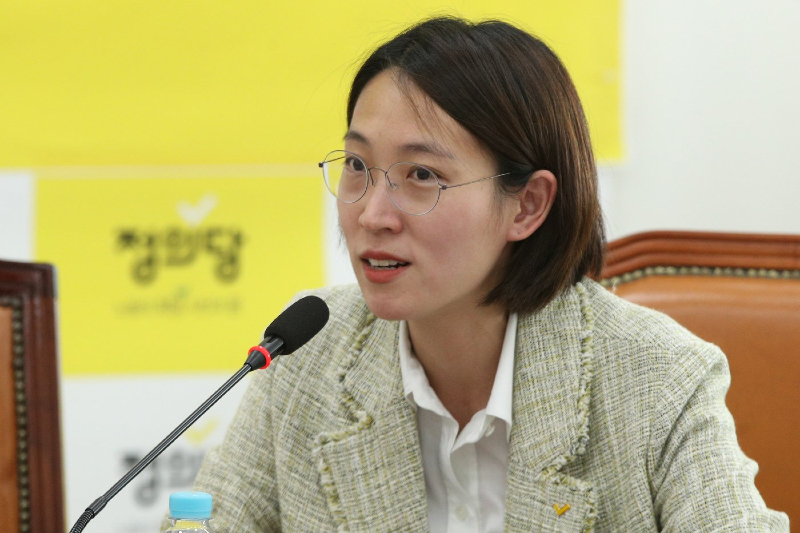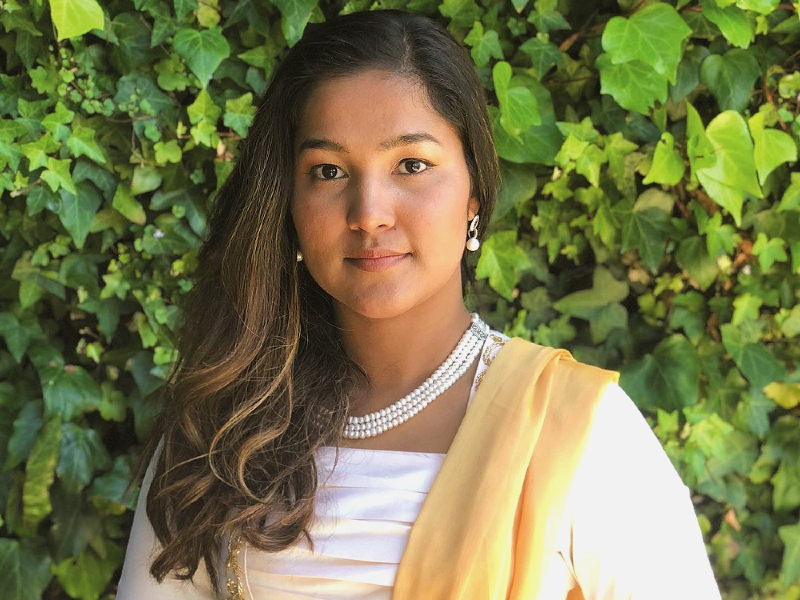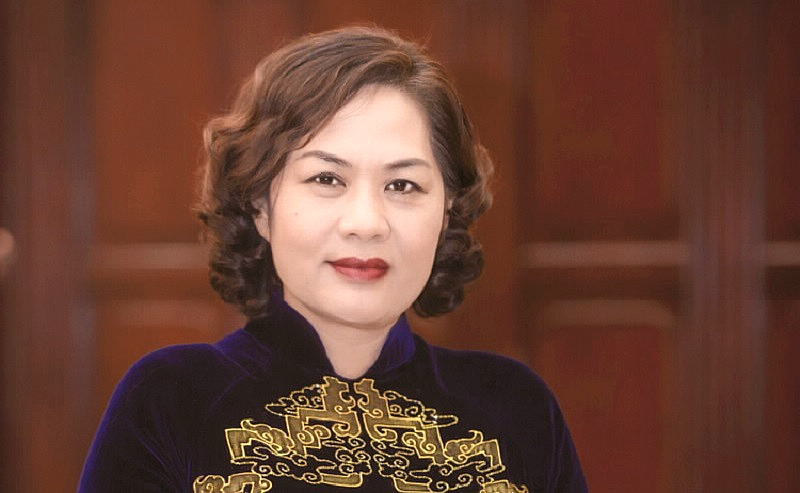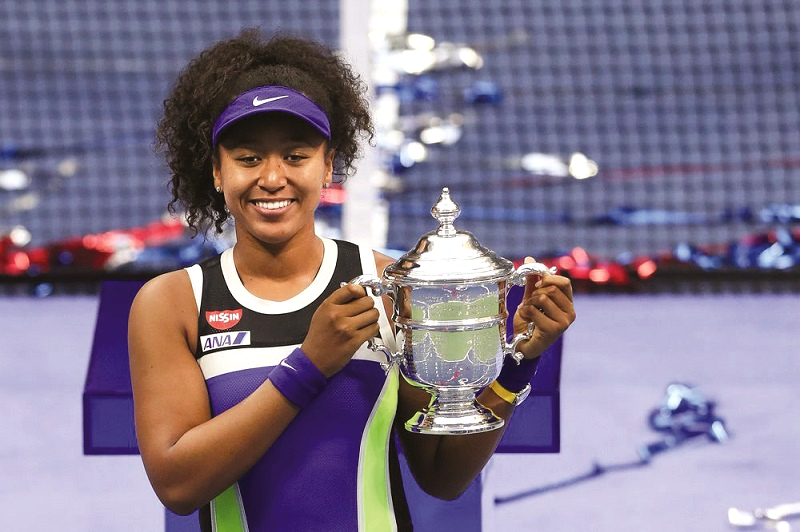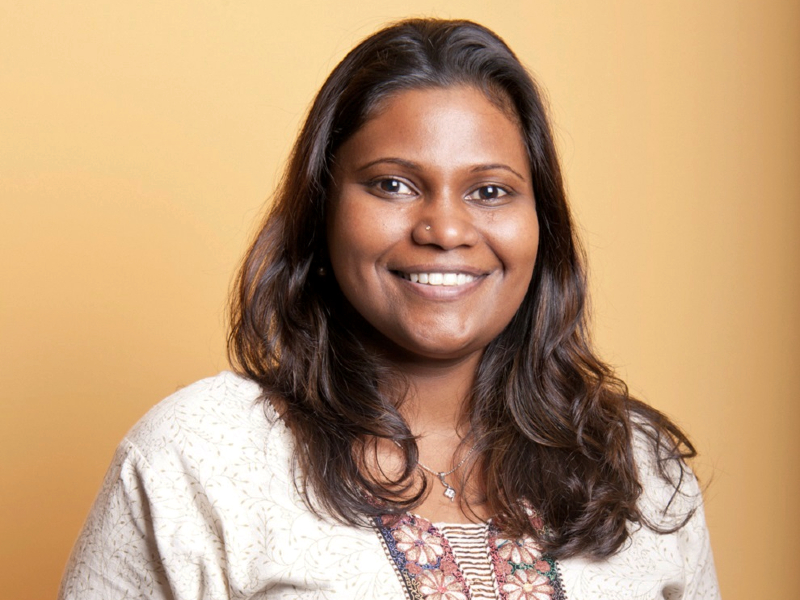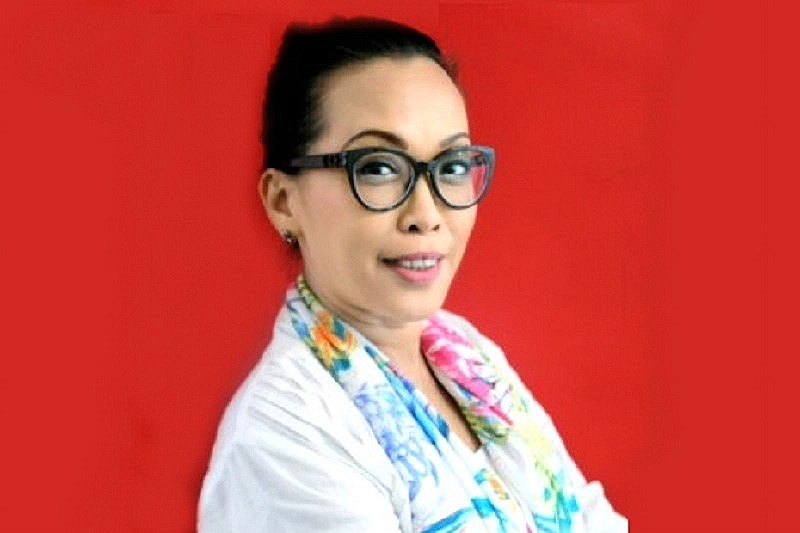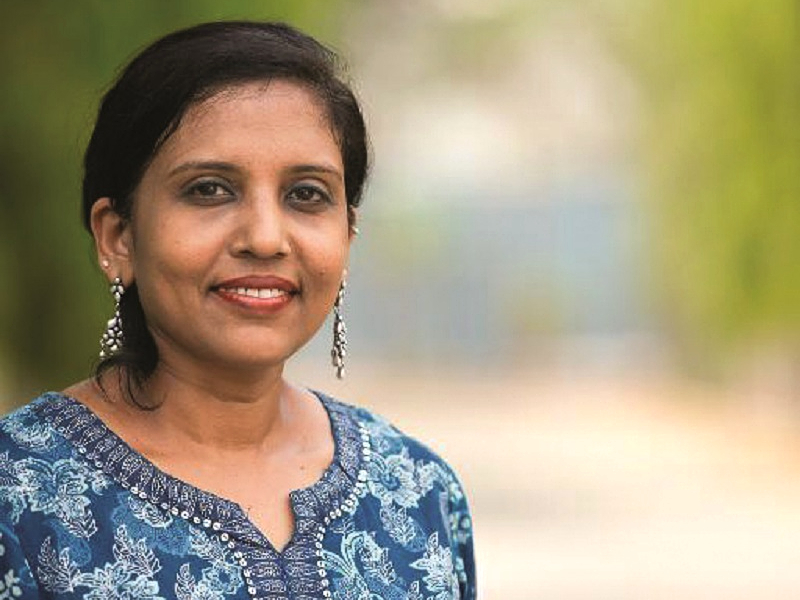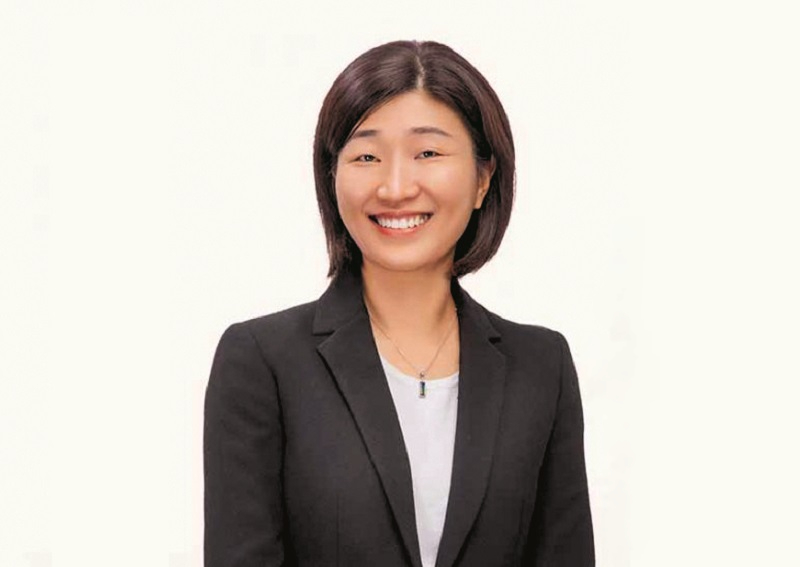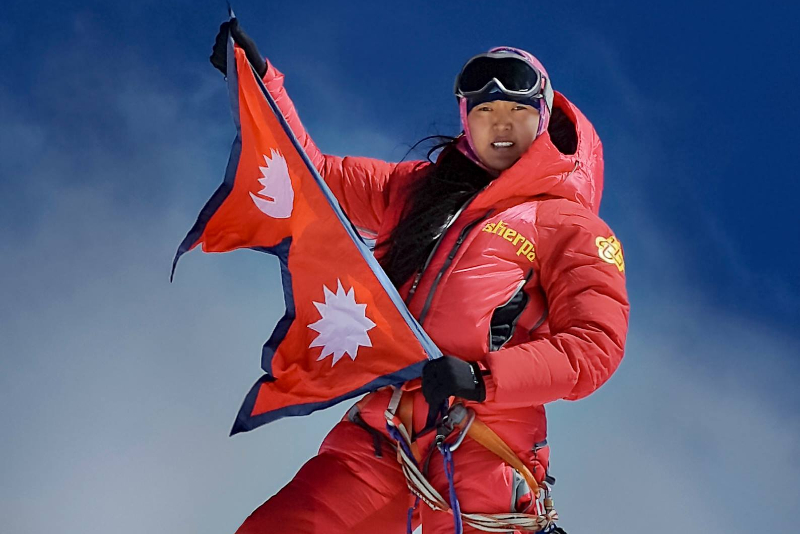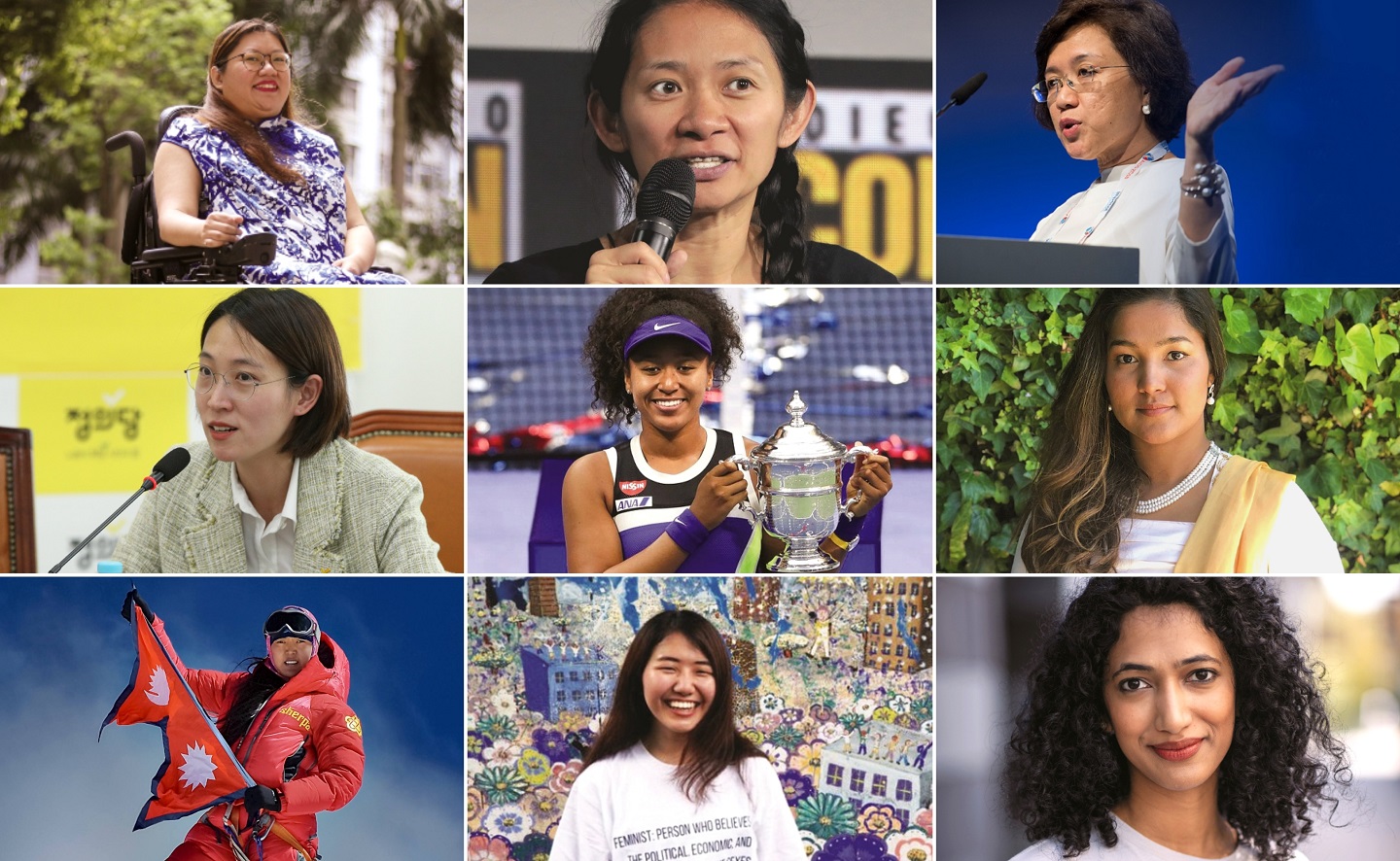
Recognising the accomplishments of distinguished Asian women from all fields
International Women’s Day has come a long way since 1848, when the first seeds were sown after women objected to being barred from speaking at an anti-slavery convention in the US. In 1903, across the pond, Emmeline Pankhurst founded the all-women Women’s Social and Political Union suffrage advocacy organisation. A few years later, in 1909, women in New York City demanded the right to vote and to hold public office at an event called National Woman’s Day, the precursor of what is International Women’s Day today.
Recognised by the United Nations in 1977, March 8 has since been designated as the day to spread awareness regarding women’s rights and gender equality as well as celebrate their achievements in the social, economic, cultural and political spheres.
Here, we recognise some trailblazers in the region, each of whom has played her role in challenging and calling out gender bias and inequality as well as shaping a more inclusive global society.
JAPAN
Who: Momoko Nojo
What: College student + founder of No Youth No Japan
Why: For launching an online campaign titled #DontBeSilent in the wake of sexist remarks made by Yoshiro Mori, then-president of the Tokyo 2020 Olympics organising committee. Mori had commented on how women talk too much and that meetings with many female board directors would “take a lot of time”. Stung by the chauvinistic remarks, Nojo, 22, launched a social media offensive on Twitter and other social media platforms, quickly gathering support and collecting signatures in a call for action against gender discrimination and stereotyping. Mori has since been replaced by Seiko Hashimoto, a pioneering lawmaker who competed in seven Olympics as a speedskater and cyclist for the Winter and Summer Games respectively. Nojo’s victory is particularly poignant in a country where it is unheard of for a young woman to go head-on with a powerful man — and a former prime minister, at that — and win. A sign that times are changing, indeed, and for the better.
INDIA
Who: Trisha Shetty
What: Founder of SheSays + gender equality activist
trisha_shetty_credit_obama_foundation1.jpg
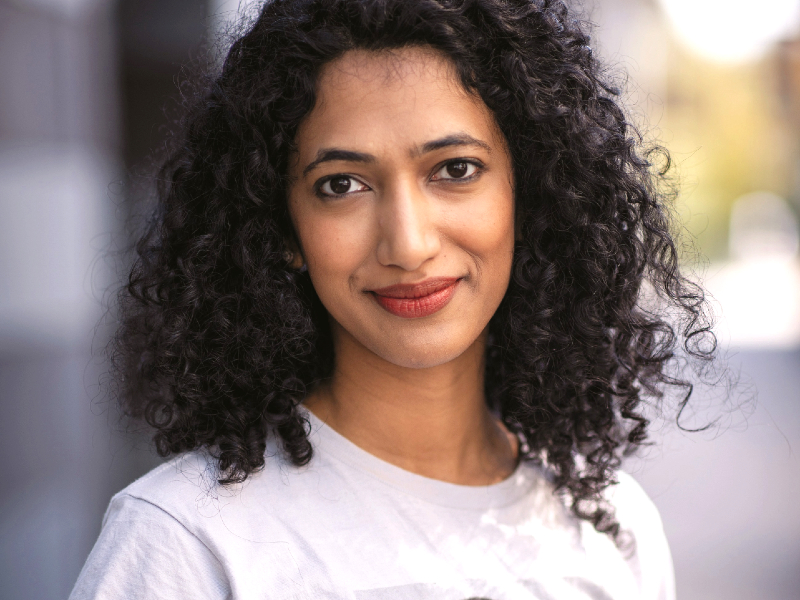
Why: In India, statistics on rape only skim the surface of the perils women face, which include death over dowry disputes or being burnt alive as a form of retribution. Shetty, a lawyer, calls for victims of abuse to speak up against violence through her NGO, SheSays. This initiative, which has engaged and supported more than 60,000 young people through counselling and workshops, caught the attention of former US First Lady Michelle Obama. Shetty went on to help Obama launch the Global Girls Alliance under the Obama Foundation. Not only has SheSays deconstructed Indian laws and devised a sexual violence prevention curriculum for schools, but it has also started a campaign, #LahuKaLagaan, which addressed former finance minister Arun Jaitley, urging the government to make sanitary napkins tax-free and accessible to all women.
SOUTH KOREA
Who: Jang Hye-yeong
What: Member of Parliament
Why: For taking on South Korea’s deep-rooted patriarchy and religious conservatism by drawing up an anti-discrimination bill that would ban favouritism based on sex, race, age, sexual orientation, disability or religion as well as criminal history, appearance and academic background. Jang, one of the country’s youngest Members of Parliament (MPs) at 33, earned her spot on Time’s 100 Next 2021 list by making her mark in the progressive Justice Party, pushing for disability, gender and human rights legislation. In January, party chairman Kim Jong-Cheol, who championed gender equality alongside her, was stripped of his position after she accused him of sexual harassment. For the past few years, South Korea has faced a reckoning against its patriarchal culture, thanks to women such as Jang, who are fighting against discrimination in the workplace, sexual violence and unreasonable beauty standards. Jang hopes that her coming forward will encourage other women to do the same.
MALAYSIA
Who: Datuk Prof Dr Adeeba Kamarulzaman
What: President of the International AIDS Society
datuk_prof_dr_adeeba_kamarulzaman.jpg
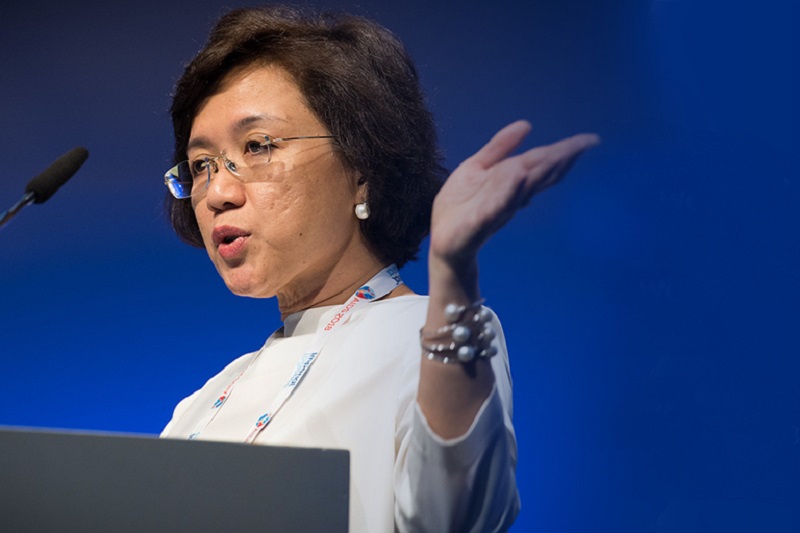
Why: A highly regarded clinical expert on HIV/AIDS who in mid-2020 became the first Asian, as well as the first person from a Muslim-majority country, to be appointed president of the International AIDS Society. Dr Adeeba is also chairwoman of the Malaysian AIDS Foundation as well as University Malaya’s dean of the Faculty of Medicine and an adjunct associate professor at Yale University. Her achievements are many, from establishing the Centre of Excellence for Research on AIDS (CERiA) and advising on numerous World Health Organization committees on HIV/AIDS, to co-developing Malaysia’s harm-reduction policy to mitigate the HIV/AIDS epidemic among drug users that reduced the new infection rate by 50%. Dr Adeeba is an advocate of the reformation of drug policies, championing the decriminalisation of drug users in favour of rehabilitation.
MYANMAR
Who: Wai Wai Nu
What: Former political prisoner + founder of Women Peace Network-Arakan
Why: At the ages of 18 to 25, when one often discovers opportunities and freedom, Nu was instead interned in Yangon Insein Prison for being the daughter of a political activist. Her father was given a 47-year sentence for promoting labour rights under the military junta. Motivated by her incarceration, during which she met hundreds of abused women and victims of circumstance, Nu dedicated herself to working for democracy — particularly on behalf of marginalised women and members of her ethnic group, the Rohingya — by earning her law degree and founding two non-governmental organisations (NGOs): Women’s Peace Network-Arakan and Justice for Women. The former focuses on building peace between ethnic minorities; the latter is a network of female lawyers who provide legal aid and domestic violence education. Civilian leader Aung San Suu Kyi may be the country’s human rights icon, but Nu, now 34, did not think she addressed the repression of the Rohingya. Reaching out to the community directly instead, Nu has become one of the dwindling number of activists in her home state to alleviate the woes of this ethnic group while countering hate speech through her #MyFriend campaign.
VIETNAM
Who: Nguyen Thi Hong
What: State Bank of Vietnam’s first female governor
Why: The first woman to be appointed governor of the State Bank of Vietnam in the central bank’s seven-decade history. The veteran banker has worked for the central bank since 1991 and faces major challenges in the coming years, including controlling bad national debt as a result of the Covid-19 pandemic and weathering an investigation by the US to verify whether Vietnam has been devaluing its currency. Hong is no stranger to being in the public eye — in 2019, she was named among the 50 most influential women in the country by Forbes Vietnam.
CHINA
Who: Chloé Zhao
What: Film director
chloe_zhao_by_gage_skidmore_1.jpg
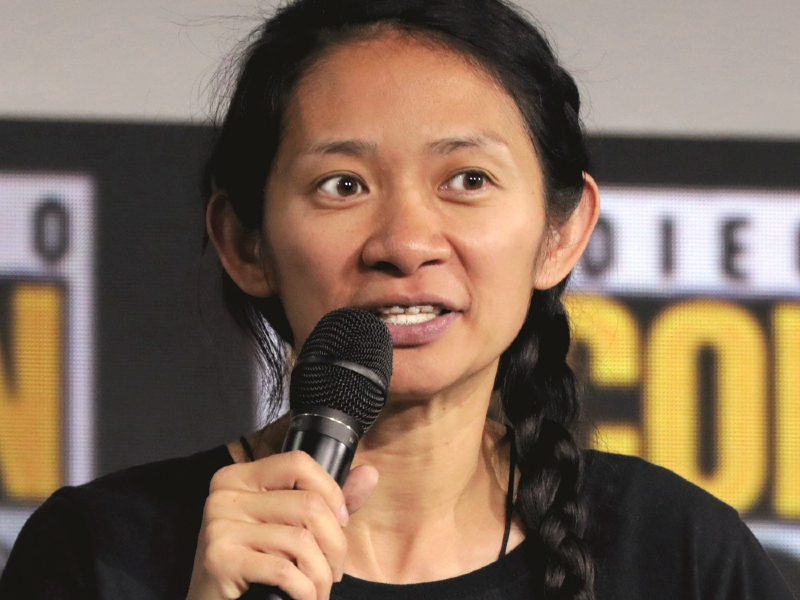
Why: For making history as the first Asian woman to be nominated for and win the Best Director award at the recent Golden Globes. The Nomadland director, 38, is only the second woman to win the coveted award after Barbra Streisand in 1983. Her docu-fiction, which stars Oscar-winning actress Frances McDormand, was also honoured as Best Picture Drama. The Hollywood Foreign Press Association has always come under fire for its predominantly white and male choices, especially in the director’s category. Zhao’s momentous achievement was celebrated all around the world, with fans praising her for being an inspiration for young Asian girls. Zhao quoted Bob Wells, one of the film’s nomads, in her acceptance speech: “Compassion is the breakdown of all the barriers between us — a heart-to-heart bonding. Your pain is my pain; it’s mingled and shared between us.” Her next film, Marvel’s highly anticipated The Eternals — featuring a star-studded cast including Angelina Jolie, Gemma Chan and Salma Hayek — is scheduled for release in November.
JAPAN
Who: Naomi Osaka
What: Athlete
Why: In a world increasingly beleaguered by hate, racism and ignorance, the four-time Grand Slam winner of Japanese-Haitian origin has always been vocal about championing racial equality as well as rejecting social discrimination, having faced a lot of it in her birth country of Japan and while growing up as a Black-Asian. Of late, the TAG Heuer ambassador has frequently taken to social media to call out those who blame the Asian community for Covid-19 as well as labelling those who resort to racial slurs as “pathetic”. Believing that athletes need not focus only on sport, the tennis superstar and bright young role model must be lauded for using her platform to be a champion of a different kind: for humanity.
HONG KONG
Who: Carmen Yau
What: Sexual rights campaigner for disabled women
Why: For championing disabled women, a group often forgotten by society, and fighting for their rights. Yau is chairwoman of the Association of Women with Disabilities Hong Kong. She has multiple qualifications, including a professional diploma in health counselling, Master of Social Work, and sexuality education professional certification, which reflect her lifelong commitment to helping people. Born with spinal muscular atrophy, she uses her experience to uplift and aid others, especially those with the same condition. As an advocate of the sexual rights of disabled women, Yau pushes for body positivity and even writes Sugar XXX Stories — stories that explore sex for people with disabilities. In addition, she hosts a radio programme called Care for the Disabled and is undertaking comprehensive research on domestic violence against women with disabilities.
MALAYSIA
Who: Kasthuriraani Patto
What: Member of Parliament
Why: The incumbent MP for Batu Kawan, Penang, Kasthuriraani comes from what one would consider political old blood. The daughter of DAP’s legendary firebrand leader P Patto — she has inherited much of this energy — Kasturi, as she is better known, is recognised for her passion for fighting injustice. Since her start in politics in 2013, she has been at the forefront of women’s rights issues, social justice matters and protection of children and minors. Her forthright nature has often made her a target, most recently one of Baling MP Abdul Azeez Abdul Rahim, who made remarks about her skin tone last July. But nothing distracts her from a razor-sharp focus on her work as MP and her willingness to call out injustices and lax behaviour among her colleagues in parliament, always with the brave, almost defiant, spirit that has come to define her political career.
INDONESIA
Who: Endah Trista Agustiana
What: Gender expert + rights activist
Why: Raised by a single mother who worked day and night to ensure her children could attend the best possible school in their hometown of Palembang, Endah has always been acutely aware of the gender divide and the disproportionate pressures put on women as the backbone of family and society. She became the first Indonesian to earn a master’s degree in gender studies in the early 1990s, and has since held crucial roles in international bodies that influence policy changes in the areas of gender politics. Her most recent project is Iforward (Indonesia for Empowering Women, Youth and Children), an NGO that grants young people scholarships and also helps victims of violence against girls and women, children, as well as victims of trafficking in persons, online sexual violence and cyber-bullying.
INDIA
Who: Kavitha Emmanuel
What: Founder of Women of Worth + CEO of Anushya
Why: As the founder of Women of Worth, Kavitha spearheaded the pivotal Dark Is Beautiful campaign in 2009, the first-ever drive against colourism in India. British colonists left behind a toxic caste system and the idea that lighter skin tones are the ideal. Today, with skin lightening brands such as Fair & Lovely (recently rebranded to Glow & Lovely) on the market, matrimonial ads that prize light complexions, as well as numerous tropes that suggest darker skin equates to failure, this sort of discrimination is still prevalent in the South Asian community. Emmanuel’s campaign kick-started a movement that addresses this stigma and fights against colourism. She is also CEO of Anushya, an enterprise that aims to bridge the gender gap.
SINGAPORE
Who: Jenny Lee
What: Venture capitalist
Why: An engineering graduate whose first job was working on fighter jets at ST Aerospace, Lee was destined to push boundaries throughout her career and has today become one of the most respected venture capitalists in this part of the world. The managing partner of Shanghai-based GGV Capital, Lee has a natural flair for investing, and her portfolio ranges from moonshots such as eHang184, China’s first flying taxi, to Lingochamp, an artificial intelligence language-learning bot, as well as brands such as Xiaomi and Grab. Lee became the first woman venture capitalist in the top 10 of the Forbes Midas List in 2015. The following year, she ranked 100th in Forbes’ World’s 100 Most Powerful Women list and was also on the 2019 Forbes Asia Power Businesswomen 25 list.
NEPAL
Who: Pasang Lhamu Sherpa Akita
What: Mountaineer
Why: In a society that still restricts the types of jobs women can do, Pasang Lhamu Sherpa Akita, 36, has always broken the glass ceiling. Orphaned as a teenager and with a young sister to care for, she decided early on that she, a Sherpa woman, would join the ranks of men and be a mountaineer too. At the age of 23, she became Nepal’s first woman mountaineering instructor and has summited the great peaks of her region, including Everest and K2. But what makes Pasang Lhamu stand out in an industry already dominated by the strong and fearless is her compassion. Following the devastating 7.8-magnitude earthquake in 2015 that claimed the lives of 20 sherpas, she dove into relief efforts, building shelters and organising medical care. She has since gone on to work in educating women and mitigating trafficking, ensuring that they are informed enough to make their own choices in life. Pasang Lhamu was named National Geographic People’s Choice Adventurer of the Year 2016. The award-winning film, Dream Mountain, released last year, is based on her life story.
This article first appeared on Mar 8, 2021 in The Edge Malaysia.

